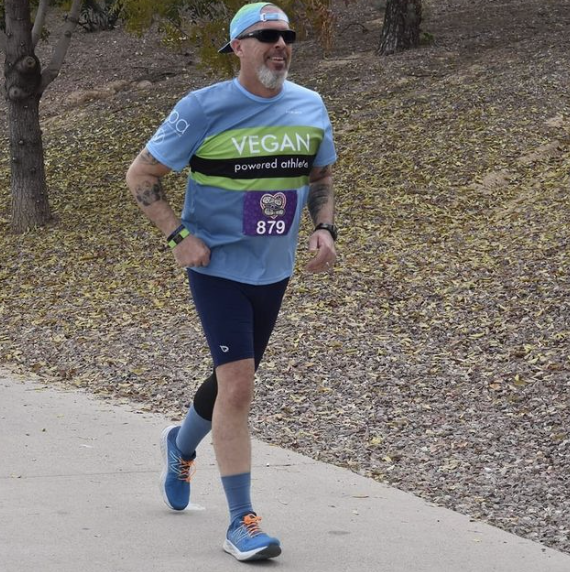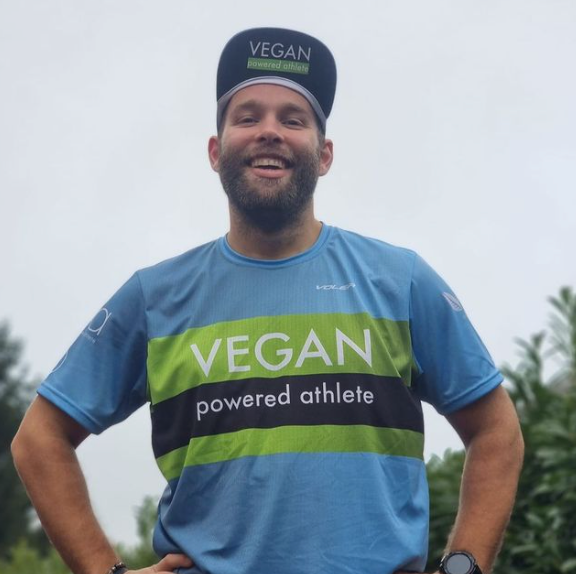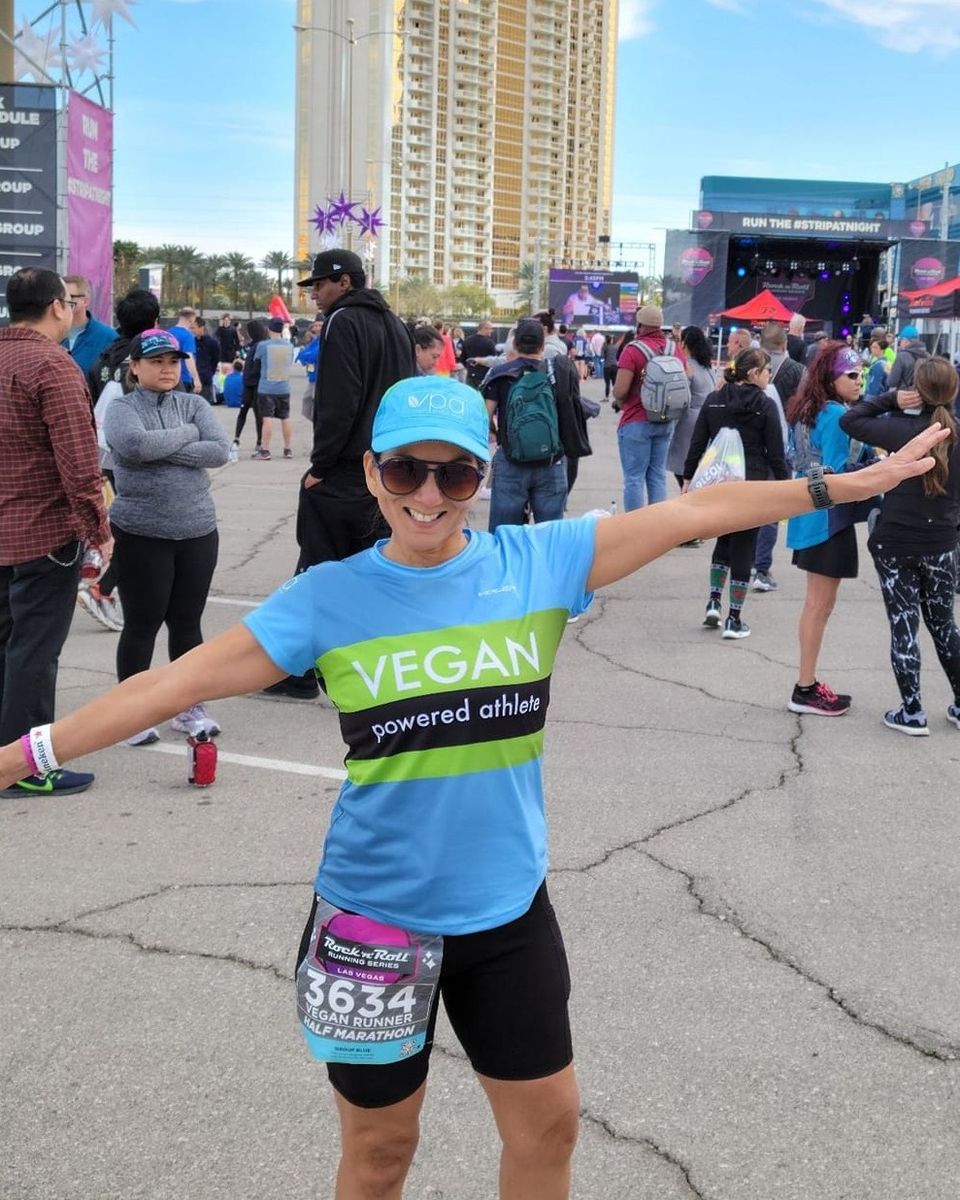
When it comes to maintaining adequate energy levels, eliminating soreness, and ensuring longevity during high-endurance sports, you need to think, “High Net Gain”.
What is High Net Gain?
High net gain foods are foods that deliver energy in a manner that is based on conservation.
You see, the digestive process actually takes a lot more energy than you might think. From the moment that we begin eating, our body begins trying to separate the energy units (calories) from the food through the process of digestion. It then must convert this energy into the individual and specific nutrients needed by each body part, organ, etc.
Now here’s the kicker; when energy is transferred from A to B, there will always be a loss.
Why?
Because, it takes energy to move energy. It takes energy to break down the food you eat and separate the units of energy from that food. It takes energy to then convert that energy into usable elements. It then takes even more energy to transfer the energy to the areas of your body that need it the most. This is the inherent energy loss that happens in an effort to obtain more energy.
Now, this level of energy loss depends on one crucial factor; the foods you eat. Yes. Foods that are highly processed, meats, animal byproducts, etc., take significantly more energy to perform this process of energy transference.
Your net energy gain is essentially the energy that is remaining once your digestive energy is spent. This means that, while yes, calories are units of energy, simply by eating more calories does NOT equal more energy! Sounds crazy, right? I know. But it’s true!
This is because of the process it takes to separate, then convert, then transfer the energy to where it’s needed. In other words, the easier it is for your body to perform this process, the more energy you retain from the food itself.
Proof of Concept
Proof of this concept is in fast food. A burger from one of these places can be anywhere from 3,000 to 4,500 calories. If it were true that by simply consuming more calories would provide more energy, than people who ate fast food would be the ones jogging up and down the street every morning with an abundance of energy.
The fact is, these people do not run around with tons of energy. They are more often tired, feeling lethargic, and their mood often reflects such a poor diet.
So, what are we left with?
We are left with a vegan diet. That’s right.
When we consume whole foods, foods that are fibrous, greens, lentils, nuts, omega 3 fatty oils, you know – the good stuff that nature has provided us – our bodies use only a fraction of the energy digesting these foods.
High Net Gain
Now, we have high net gain foods. These foods leave us with far more usable energy, even though they have far fewer calories.
Sounds crazy, right? Again, it’s true. The proof is in our history. Mankind would forage and hunt. However, hunting was more difficult, took longer, and sometimes didn’t quite pan out. What were they left with? Fruits and veggies. These fruits and veggies are what afforded primitive man the ability to run from danger, travel long distances, and to essentially thrive.
Today, you look out your window in the morning or drive to work and what do you see? Joggers and runners. They are the people who are fit, in shape, and seem to have tons of energy. I can tell you one thing about these people; they aren’t sitting around eating fast food all day.
They are more than likely eating healthy. And the healthier you eat, the more energy you have. Simple. Whole foods, a vegan diet, will provide you with more energy at the end of the day with fewer calories than high-caloric foods that take longer and more energy to digest.
Remember, at the end of the day, it’s all about High Net Gain.








